Have you ever met a Hungarian girl or guy, and wanted to tell them every existing term of endearment in their own language—but didn’t know how? Well, the past is in the past… But we guarantee that if you ever encounter this situation again, you certainly won’t face this problem a second time.
In this article, we’ll teach you the very basics of Hungarian compliments so you can compliment in Hungarian like a native speaker. You’ll not only learn the Hungarian word for “love,” but you’ll also discover beautiful Hungarian words to impress Mr. or Mrs. Right.
With our help, you’ll never leave a party or café with those terrible “what if” thoughts. No. With our help, you’ll go up to that fine-lookin’ person and shower them with Hungarian compliments. How does that sound? Good, right?
You might friend each other on Facebook, end up marrying each other, and live happily ever after. But you’ll never get to know how your love story ends without these essential Hungarian phrases for complimenting someone. That’s what HungarianPod101.com is here for.
Flirting aside, compliments are crucial in our everyday lives. Whether we’re at a delicatessen, school, work, or the bus stop, everybody loves being appreciated and having their efforts acknowledged. The delicatessen likes to hear that his sandwiches are the best in town. Our colleague is fond of presentations and longs to hear how well-put-together they have always been. Meanwhile, the old lady at the bus stop goes home with a wide smile on her face after you tell her how beautiful her grandchildren are. Compliments are inevitable when we socialize; they’re an indispensable part of conversations.
Although finding The One is an ultimate goal for everyone, acquiring the basic skills to compliment someone is just as essential.
Ready to compliment your way into a Hungarian’s heart? Let’s start then.

Table of Contents
- On Someone’s Look
- On Someone’s Work
- On Someone’s Skills
- How to Make Your Compliments Sound More Sincere
- What to Expect After Giving Compliments in Hungarian
- Conclusion: HungarianPod101.com Helps You Reach Your Full Potential
1. On Someone’s Look
Complimenting someone’s look doesn’t only work when you’re trying to win someone’s heart. It’s a crucial part of our daily interactions with people: family, friends, colleagues, and even strangers on the street. Do your daily act of kindness when in Hungary and try praising someone in Hungarian.
In this section, we’ll go over a variety of Hungarian compliments about someone’s look, with vocabulary breakdowns and examples.
1 – Facial Features
A- “You have beautiful blue eyes.” (Gyönyörű kék szemeid vannak.)
In this sentence:
- Gyönyörű = “Beautiful”
- Kék = “Blue”
- Szemeid = “(Your) eyes”
- Vannak = “Have”
There are two things to keep in mind. First, the word “you” is indicated in this sentence by the suffix -d in the word szemeid. Second, vannak usually means “there are,” but in this case it means “have.”
B- “Your smile is cute.” (Aranyos a mosolyod.)
Just like in English, you can use “cute” (aranyos) to describe multiple things in Hungarian. In this case, it’s describing a person you fancy.
C- “You have the cutest nose that I have ever seen.” (Neked van a legaranyosabb orrod, amit valaha láttam.)
- Orrod = “(Your) nose”
- Legaranyosabb = “Cutest”
- Amit = “That”
- Valaha láttam = “I have ever seen”
“You have” works the same way here as it did previously.
In Hungarian, leg- (…) -bb is the equivalent of the English “-est” or “most.”
2 – General Looks
A- “You have such nice hair.” (Olyan szép hajad van!)
- Van = “There is” (or “Have”)
- Olyan = “Such”
- Szép hajad = “(Your) nice hair”
“You have” works the same way as in the previous sentence.
B- “Your hair looks great today.” (Nagyon jól néz ma ki a frizurád!)
In both the English and Hungarian sentence, the compliment refers to the person’s hair today (i.e. their current hairstyle). Hungarian even has a word it: frizura. Thus, “your hair” is frizurád. “Great” is nagyon jó and “today” is ma.
C- “Have you been to the hairdresser? I love this new style.” (Fodrásznál voltál? Imádom ezt az új stílust!)
“Have you been to” is simply voltál in Hungarian.
As you may know by now, Hungarian only has three verb tenses, and the English Present Perfect tense falls under the category of “past” in Hungarian. Hence the one-word expression.
“Hairdresser” is fodrász.
As you can see, the question is only indicated by a question mark, not a reversed word order.
3 – A Note on Love
The word “love” has two meanings in Hungarian: imád and szeret. For Hungarians, imád is generally not as serious as szeret. When talking about people, you szeret a person when you deeply love them, even to the point of being in love with them. You imád a person when you adore them. For example, when you think they’re cool and fun to hang out with.
Now let’s see the Hungarian word for “love” in actual sentences to help you understand fully.
A- “I love you.” (Szeretlek.)
B- “I love the way you laugh.” (Szeretem, ahogy nevetsz.)
- Szeretem = “I love”
- Ahogy = “The way”
- Nevetsz = “You laugh”
Easy as pie, right?
C- “I love Greg. He’s so fun.” (Imádom Gergőt! Olyan vicces!)
4 – Clothing and Style
Now, onto complimenting someone’s style.
It might be the greatest compliment you can make about a person’s appearance, because such features as eyes or hair can’t be extremely altered by the person themself. Those features are a result of their genes.
However, they can change their style as much as they like. So, when you compliment someone’s outfit, you’re complimenting their personality and taste as well. Thus, this type of Hungarian compliment works great with everyone, especially those you’ve just met.
A- “I like your shirt.” (Tetszik a felsőd.)
B- “These jeans look great on you.” (Ez a farmer nagyon jól áll neked.)
In Hungarian, “jeans” is singular, meaning that it’s farmer and not farmerek.
C- “That skirt you are wearing has just walked out of my dreams.” (Ez a szoknya, amit viselsz, épp most lépett ki az álmaimból.)
- Szoknya = “Skirt”
- Lépett ki = “Walked out” (literally: “Stepped out”)
5 – When You Want to Flirt
Okay, okay. But what would be a proper compliment in Hungarian for a girl or guy you just met?
A- “You are the most beautiful woman I have ever met.” (Te vagy a leggyönyörűbb nő, akivel valaha találkoztam.)
B- “You are the most handsome guy I have ever met.” (Te vagy a leghelyesebb srác, akivel valaha találkoztam.)
“Guy,” as you might have guessed, is srác. But if you want to sound more serious, say “man,” which is férfi.
2. On Someone’s Work
As we said before, it’s very important for people to have their efforts—and thus, their work—acknowledged. This lets them know that they’re doing something good and of high quality. So, what compliments in Hungarian can you give your colleagues or employees for a job well done?
First, it’s important to know whose work you’re complimenting. If it’s your boss, someone you don’t know that well, or someone in a higher position, you might want to address them formally. Whereas to praise your friend’s work, you don’t need to be formal like that.
Let’s see. In the following examples, we’ll show you each phrase both formally and informally (in situations where the difference matters).
1 – General Praises
- “Good job.”
Jó munka! - “Well done.”
Ügyes munka! - “Nice work.”
Szép munka! - “Very good.”
Nagyon jó! - “You did very well.”
Nagyon jól csináltad! (informal)
Nagyon jól csinálta! (formal) - “I’m really proud of you.”
Igazán büszke vagyok rád! (informal)
Igazán büszke vagyok Önre! (formal) - “You exceeded my expectations.”
Felülmúltad az elvárásaimat. (informal)
Felülmúlta az elvárásaimat. (formal) - “You are a great colleague.”
Nagyon jó kolléga vagy. (informal)
Ön egy nagyon jó kolléga. (formal) - “I love working with you.”
Szeretek veled dolgozni. (informal)
Szeretek Önnel dolgozni. (formal)
2 – Specific Praises
- “That’s a great point.”
Ez egy remek érv. - “What an awesome idea.”
Milyen remek ötlet! - “You gave a very good speech.”
Nagyon jó beszédet adtál! (informal)
Nagyon jó beszédet adott! (formal) - “The way you approached our potential clients was amazing.”
Nagyszerű volt, ahogy megközelítetted a potenciális ügyfeleinket! (informal)
Nagyszerű volt, ahogy megközelítette a potenciális ügyfeleinket! (formal)
Do you know what Ez egy remek beszéd volt means? Let us know in the comments.
3. On Someone’s Skills
Complimenting someone’s skills works best, of course, if you know the person. We know, we know…but we had to clarify. However, there are instances when you get to know some of a person’s skills right off the bat. In this case, it’s completely okay to compliment them. You might win their heart this way, too.
Here are some examples of compliments you can use to praise someone’s skills:
1- “You’re a fantastic cook.” (Fantasztikus szakács vagy!)
- Fantasztikus = “Fantastic” (spelled almost the same way!)
- Szakács = “Cook”
2- “You take great shots.” (Nagyszerű fotókat készítesz!)
Hungarian doesn’t have a word for “shot,” but it does for “photo,” which is fotó. Again, not a difficult one.
3- “You speak Hungarian like a native.” (Úgy beszélsz magyarul, mintha ez lenne az anyanyelved!)
Hungarian doesn’t have a single word for “native.” You can express it by literally explaining the word. For example: “You speak Hungarian as if it was your mother tongue.”
- Mintha = “As if”
- Anyanyelved = “(Your) mother tongue”
4- “Are you sure you’re not a professional soccer player?” (Biztos vagy benne, hogy nem egy profi focista vagy?)
4. How to Make Your Compliments Sound More Sincere
Now you know quite a few Hungarian praises and compliments. However, when you’re complimenting someone, it’s crucial to sound sincere. You wouldn’t believe just any kind of compliment coming from just anybody either, right?
Exactly. We need to feel that the person actually means what they’re saying. Otherwise, we would just feel miserable and question ourselves about whether we did a good job or not.
These doubts can easily be eliminated if we work a little on our delivery.
So how can you make people actually believe that you really like their necklace or the speech they gave last week?
Here’s how:
1- Make eye-contact with the person.
Don’t be shy. Look the person you’re complimenting in the eyes. This way, they’ll surely know that you’re not lying.
2- Smile while you’re giving the compliment.
A smile is such a warm and sincere thing. If you compliment someone this way, there’s no way they could think you’re just playing with them.
3- Pay attention to details.
For example, if you’re complimenting something that someone wrote, it’s a nice touch to emphasize what in particular you liked about it (e.g. a section of text or idea they presented).
5. What to Expect After Giving Compliments in Hungarian
You can very easily learn how to compliment and flirt in Hungarian, but you can never know for sure how the other person is going to take it. In some cultures, people pleasantly accept compliments and say “Thank you.” In some others, people feel uncomfortable and shy away from compliments.
If you compliment a Hungarian person, you can’t really anticipate how they’ll react. It very much depends on 1) your relationship with the person, 2) the situation, and 3) what you say.
Although, if we were to generalize what to expect based on how Hungarian people usually are, taking their personalities (as a nation) into consideration, you would probably experience the following:
- If you decide to shoot ‘em Hungarian flirting phrases, there’s a fair chance that the receiving party will take it nicely. You’re likely to get a nice smile or even a laugh in return. But again, the situation plays a huge role in reactions.
- However, if you compliment a Hungarian’s look or work, they’re likely to brush it off. They’ll simply say “thank you” and move on because 1) they don’t believe what you said (not necessarily because of you or the way you delivered the compliment), or 2) they think they can always perform better, so this compliment doesn’t really matter.
Keep in mind that there are always exceptions because we’re all different, of course. And that’s the beauty of it. You have to take risks and see how the person reacts to your compliment.
What about your culture? Would you react the same way as a Hungarian person would if someone complimented you?
6. Conclusion: HungarianPod101.com Helps You Reach Your Full Potential
This has probably been the most useful article we’ve written so far, huh? We agree. While there are many other important things that you should learn about the Hungarian language, compliments are indeed a crucial part of Hungarian society (or any society, to be honest).
As we said at the beginning, compliments are essential in our interactions with each other; they help us build trust and relationships. Compliments can serve as an act of kindness as well, because they tend to boost one’s self-esteem and trigger a feeling of pride in the person receiving the compliment.
So let’s see what useful things you’ve learned today:
- The top Hungarian compliments for any situation
- Beautiful Hungarian words for complimenting friends and family
- Tips for flirting with the boy or girl of your dreams
Well, that’s it for now. If you have any questions, don’t hesitate to reach out to us in the comments. But the best solution is to become part of our HungarianPod101 family for good so that you can get help 24/7. The most important thing of all, though, is to remember that practice makes perfect.












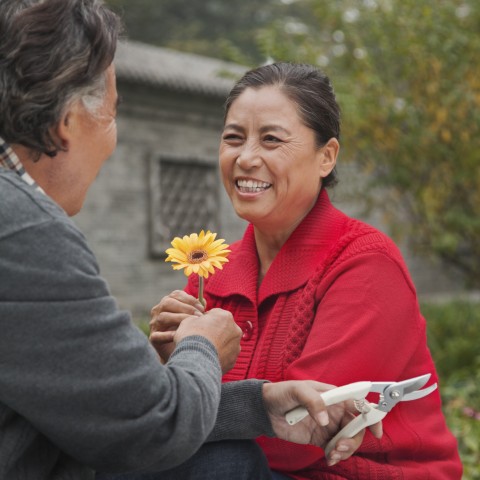

























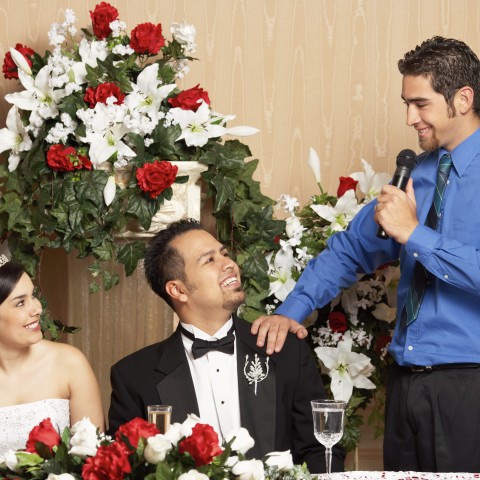










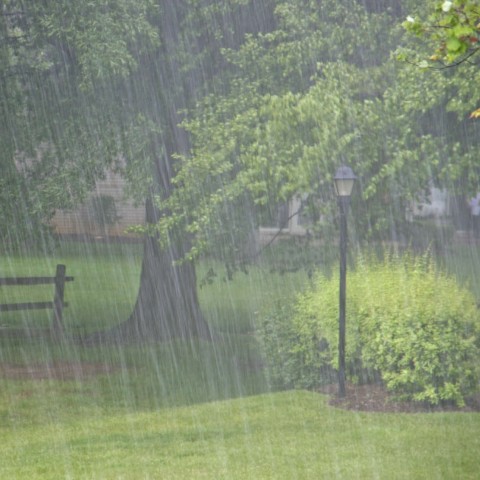

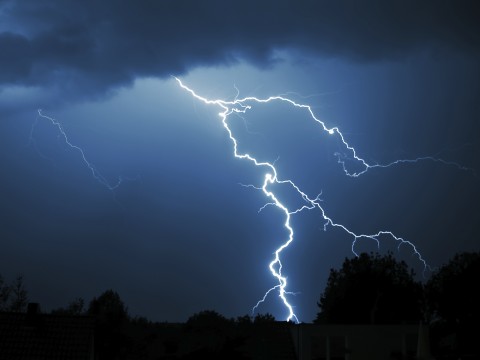
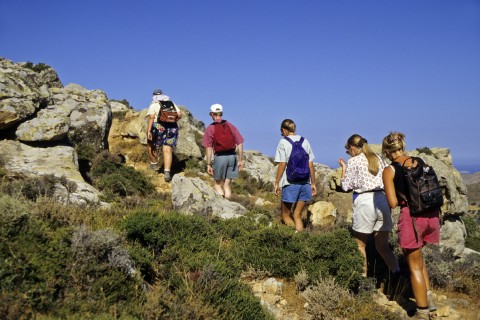






























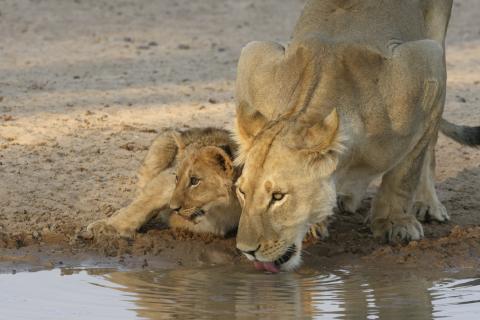



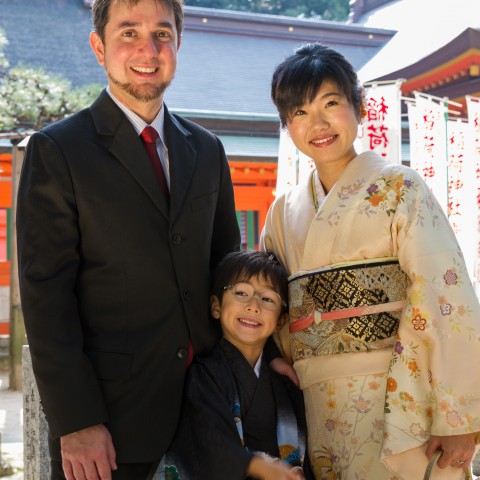







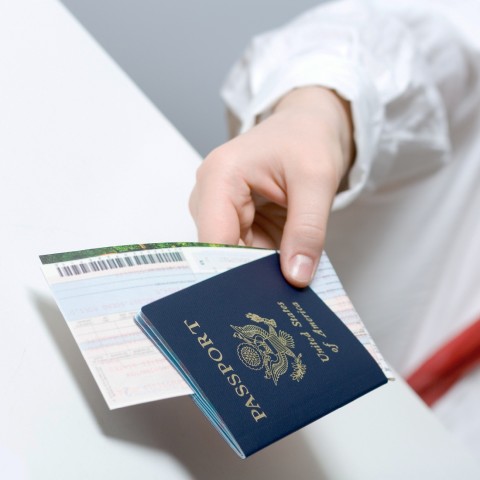
 Table of Contents
Table of Contents





